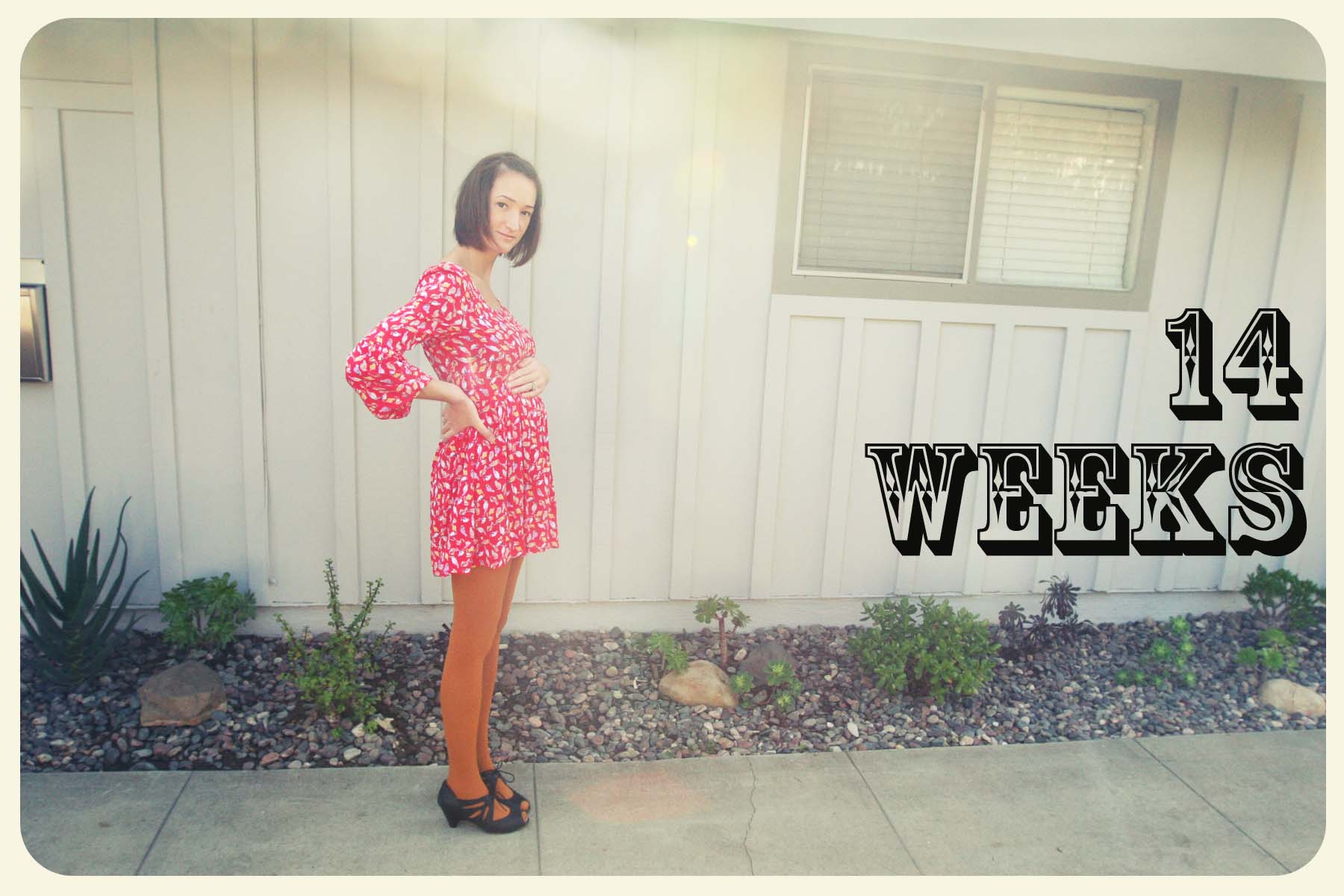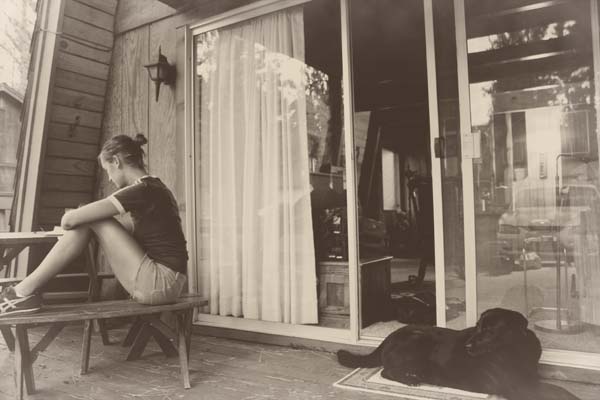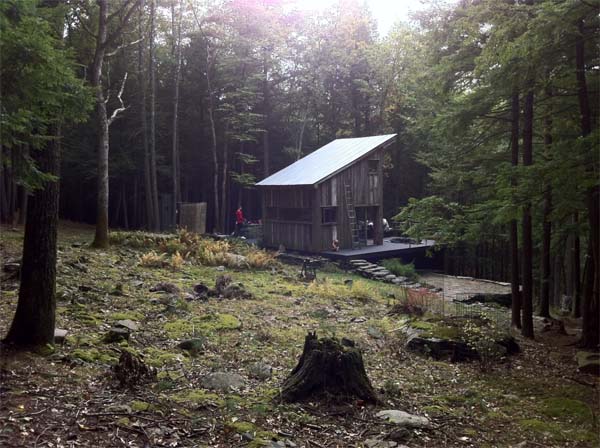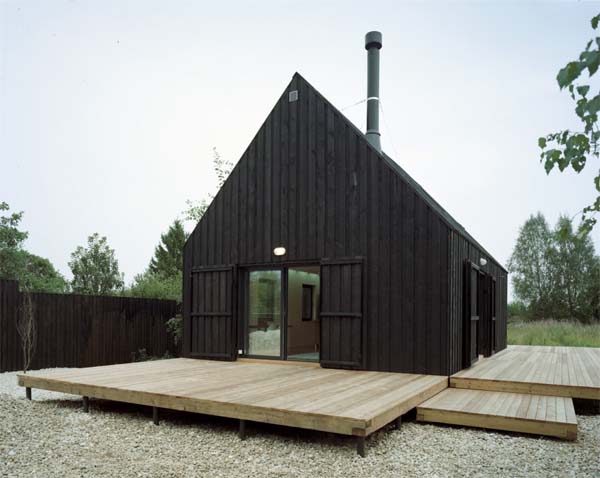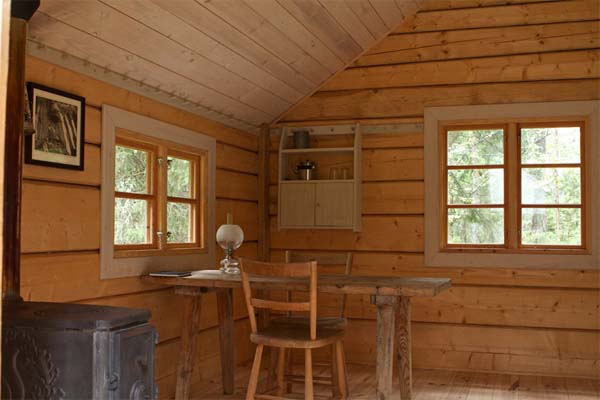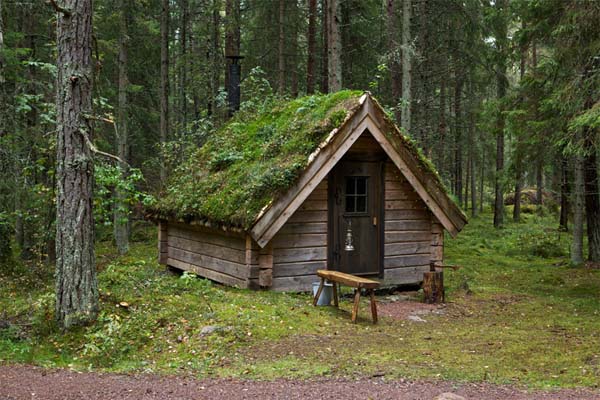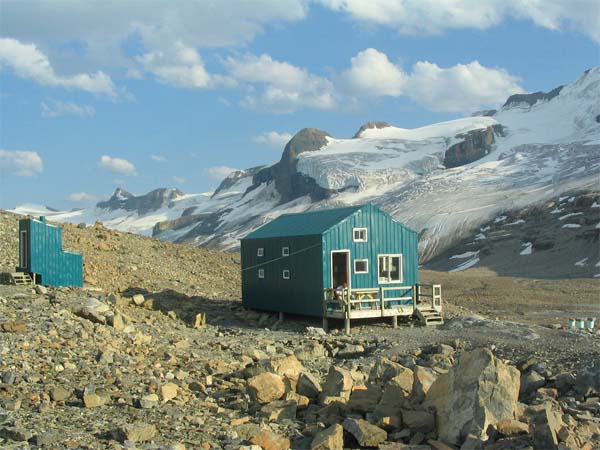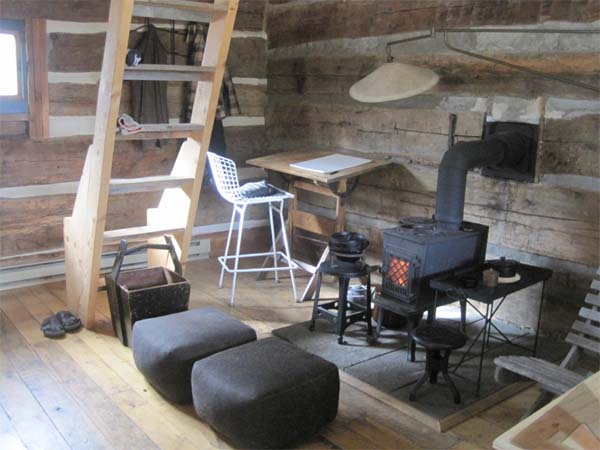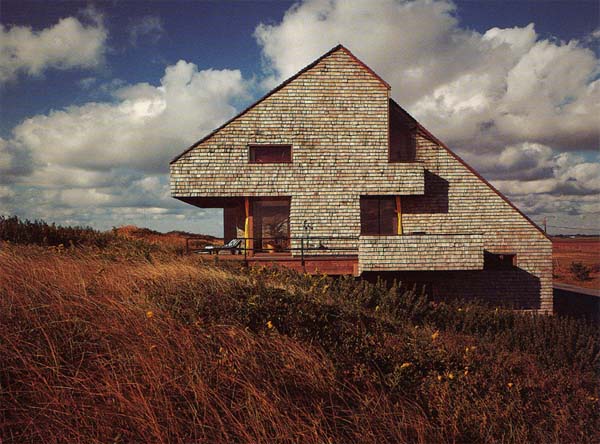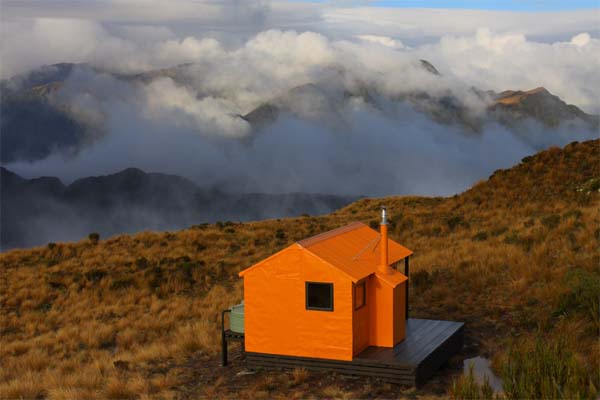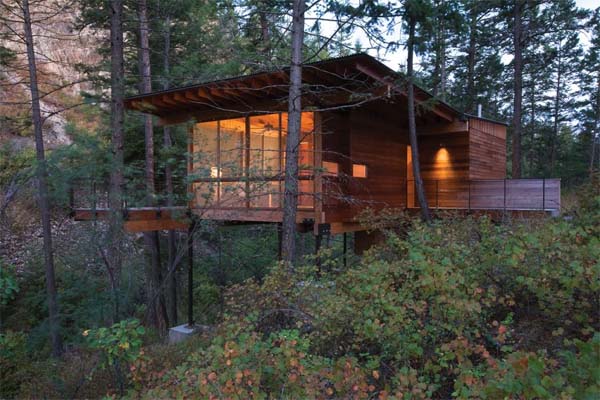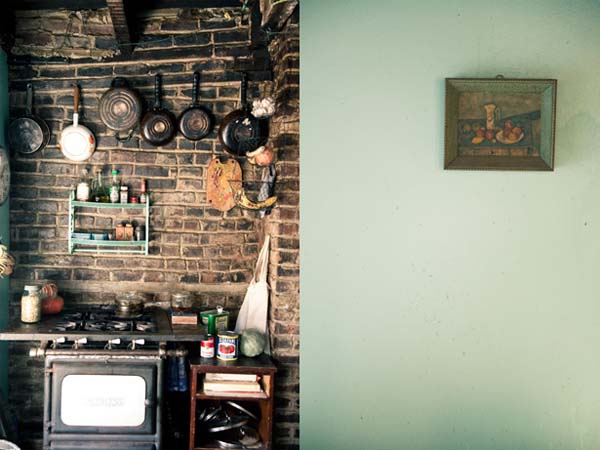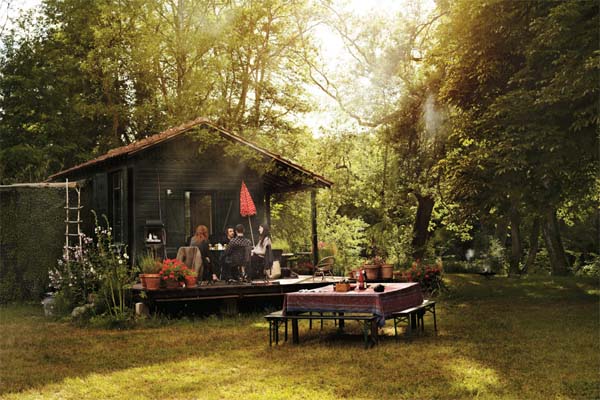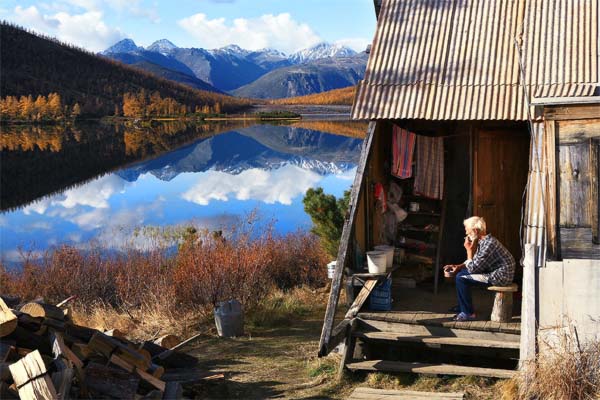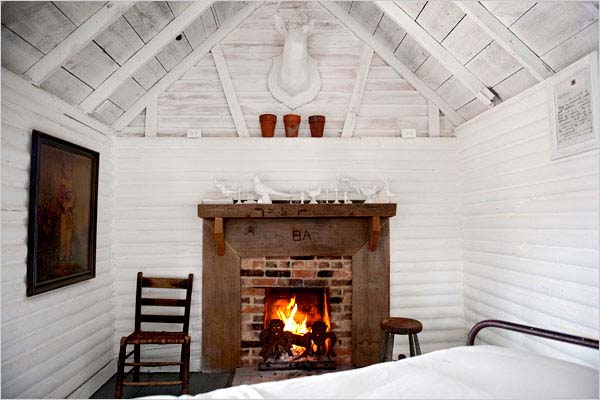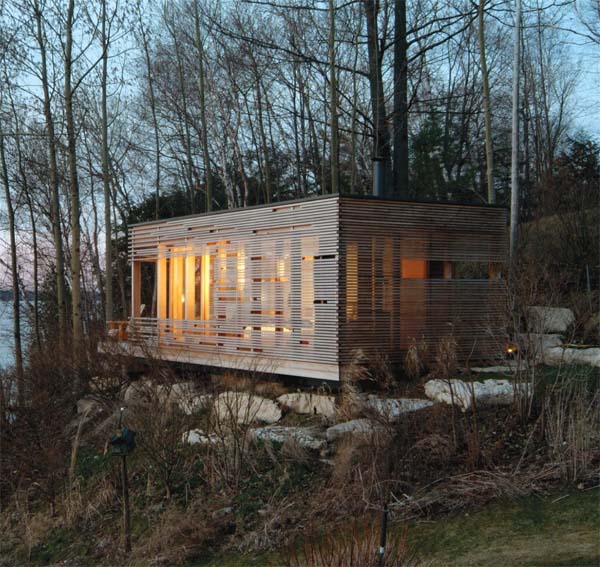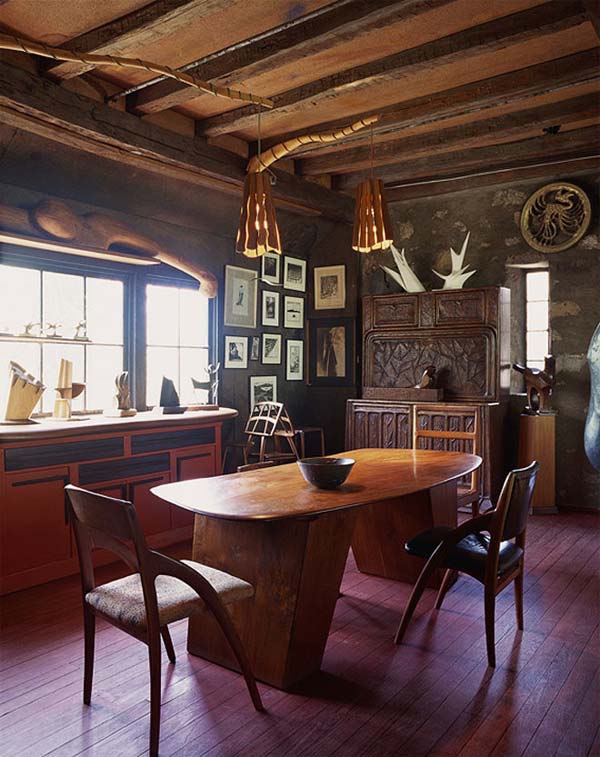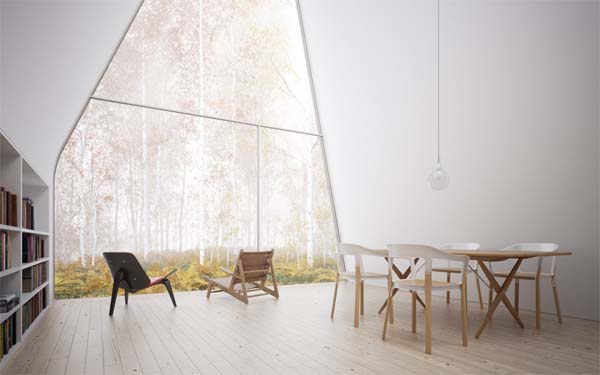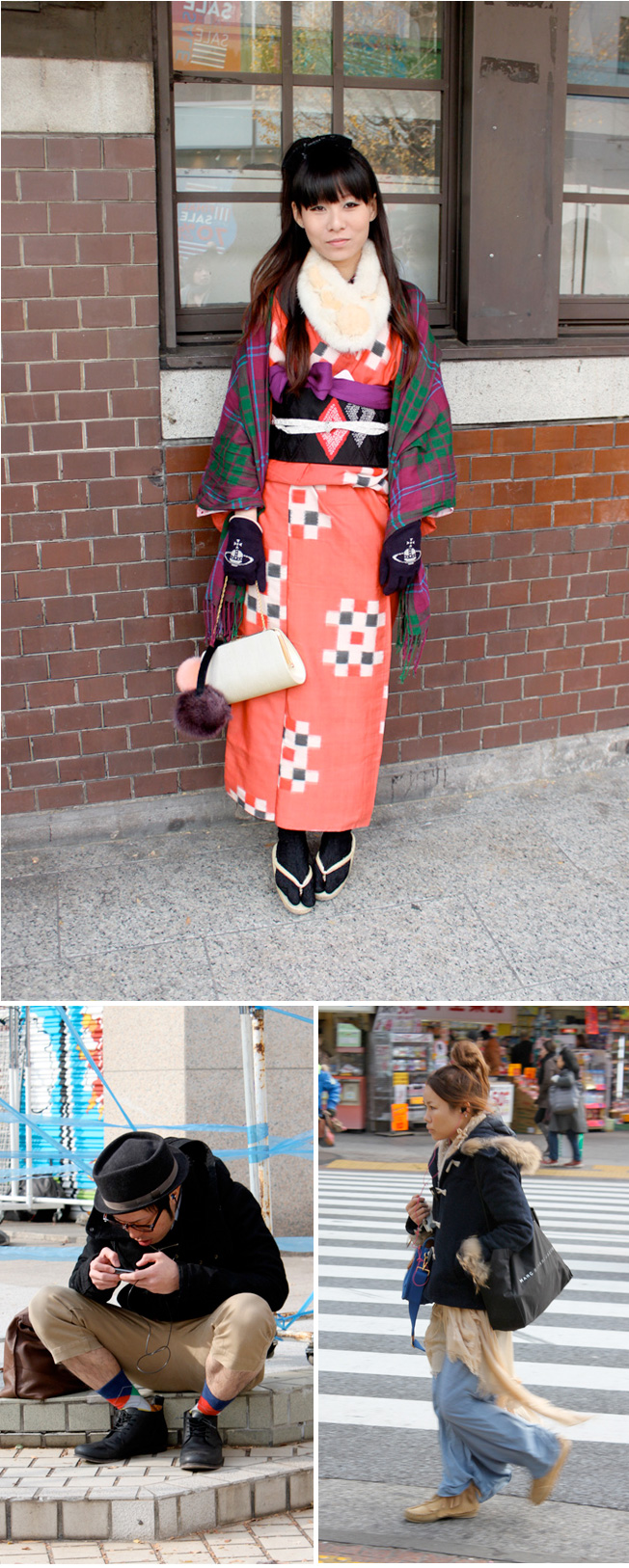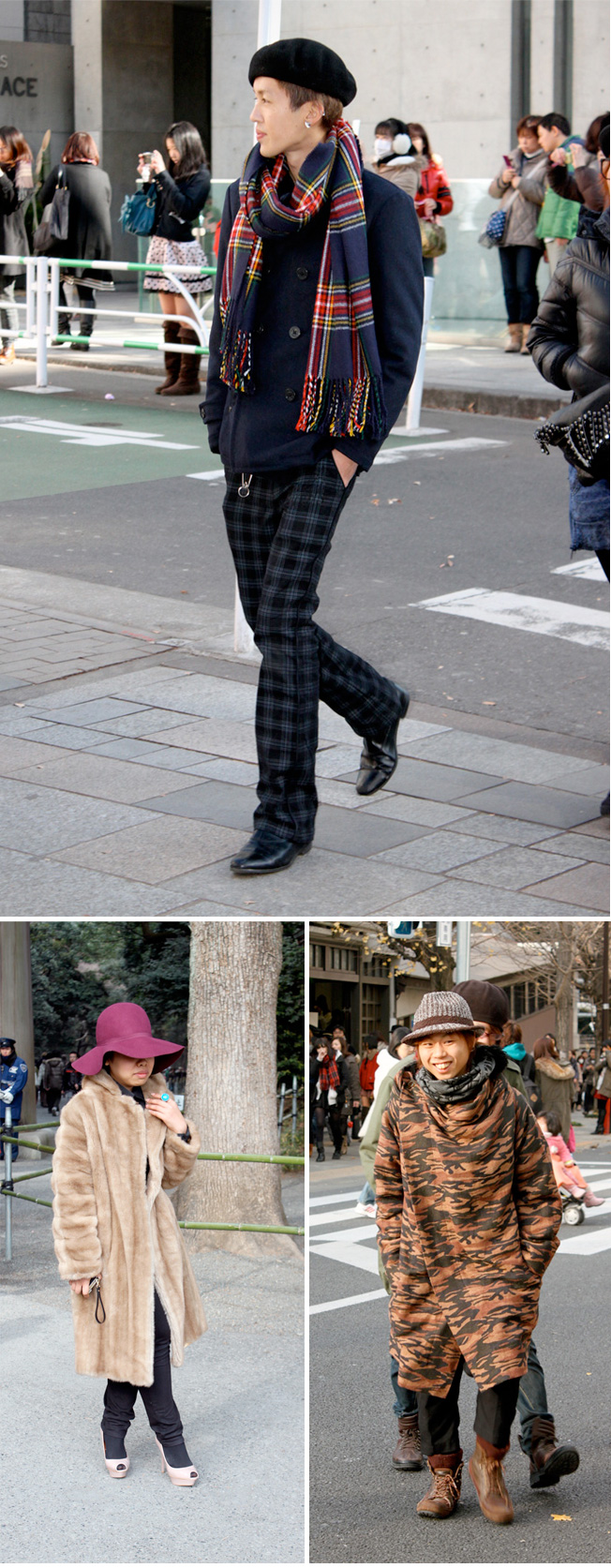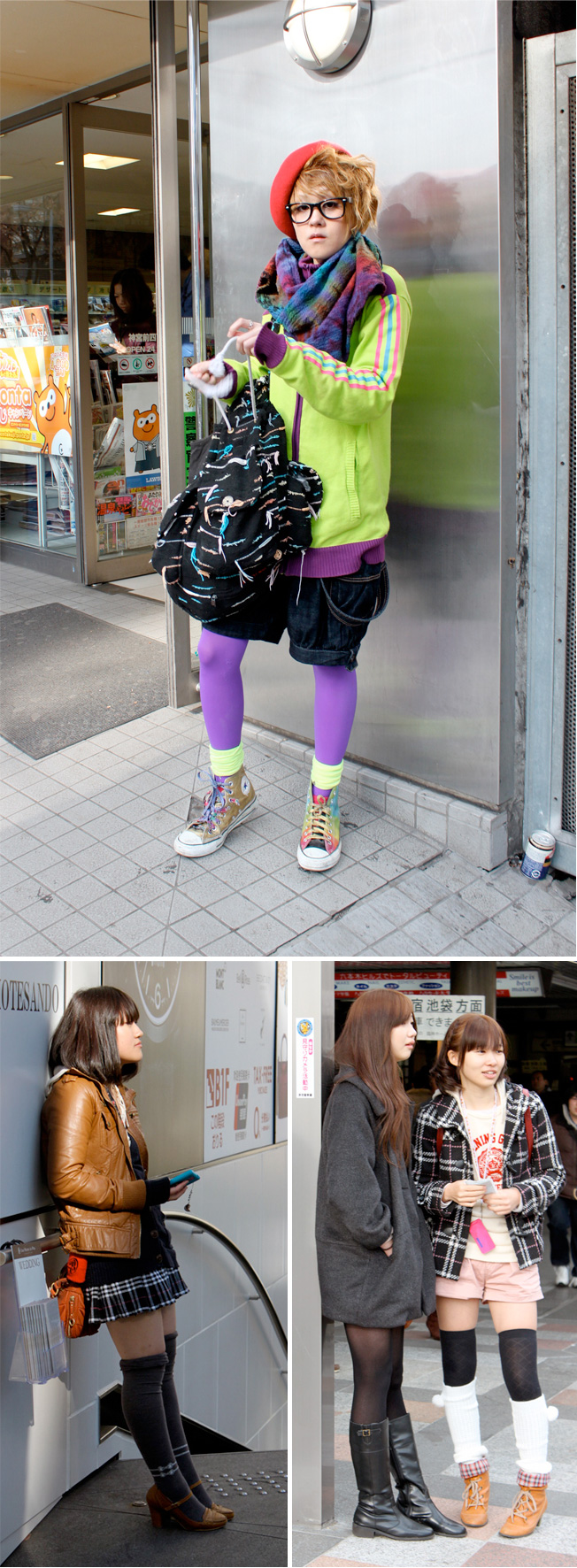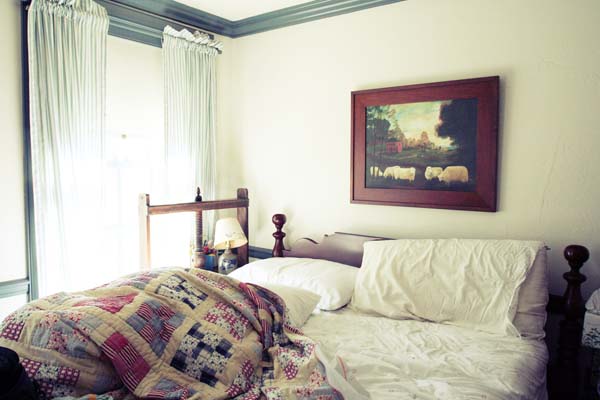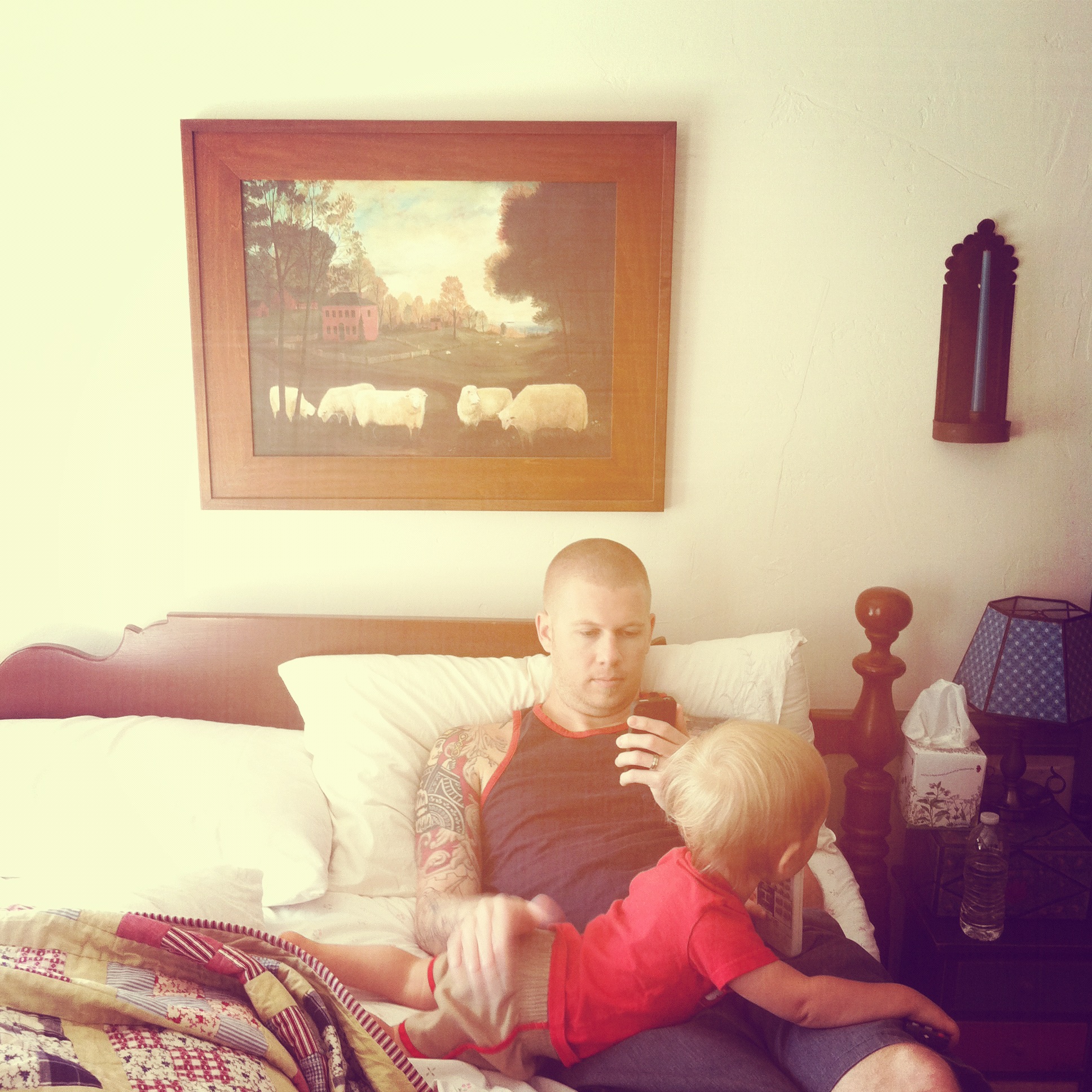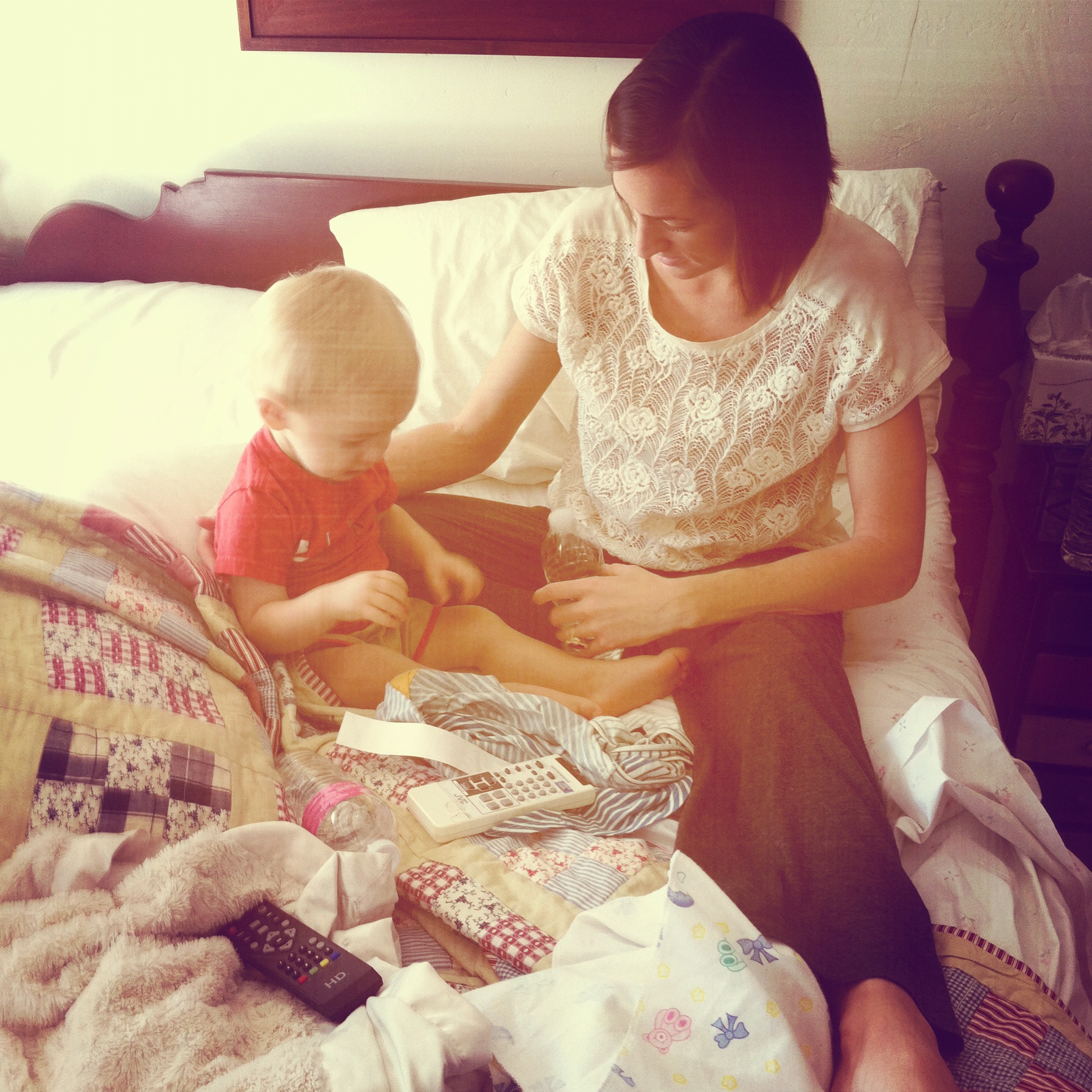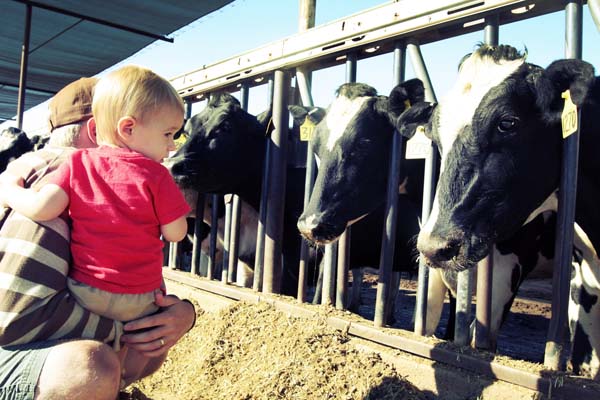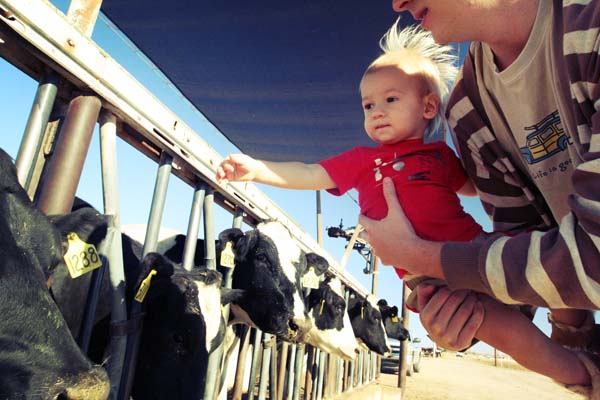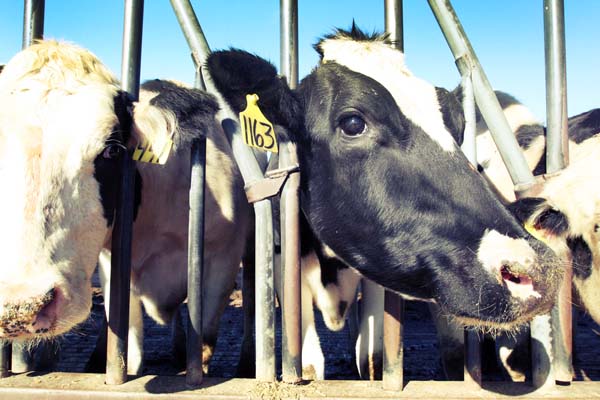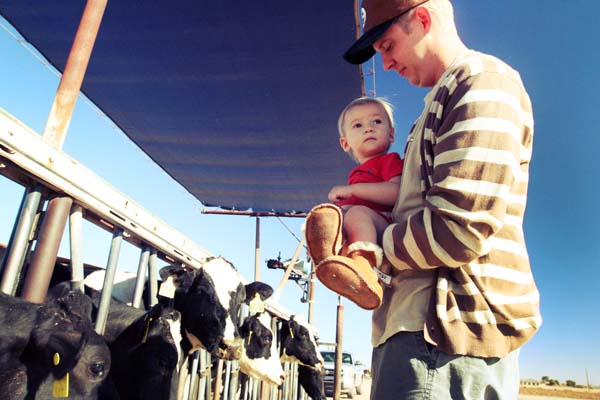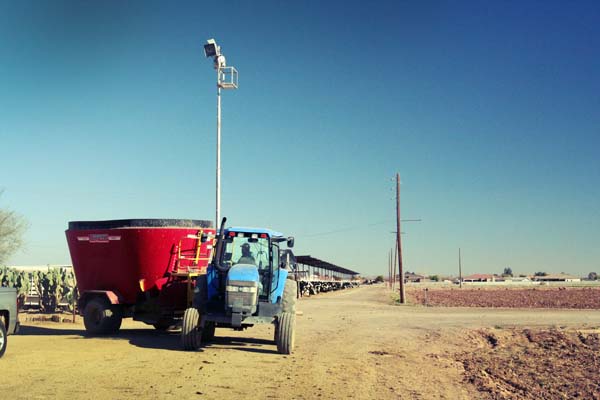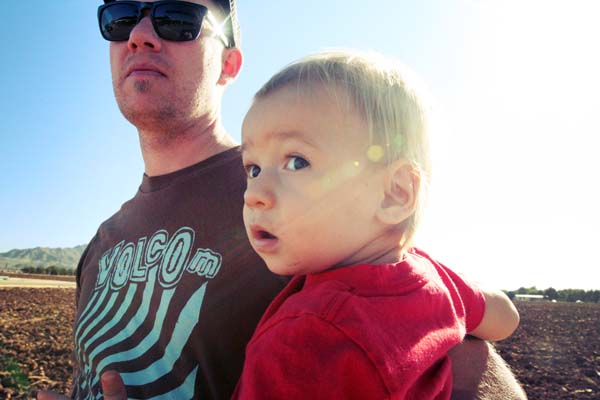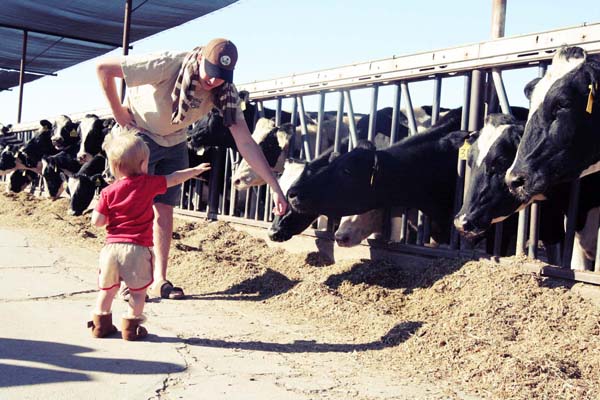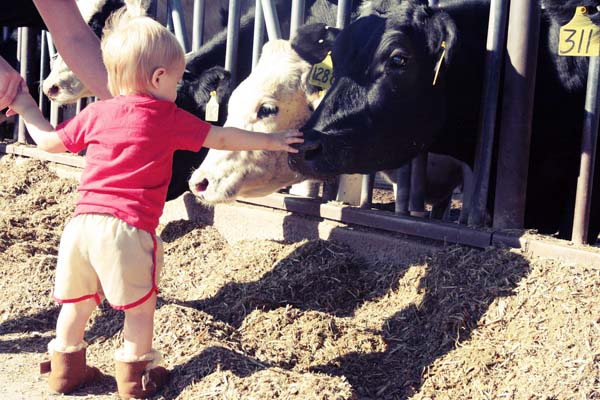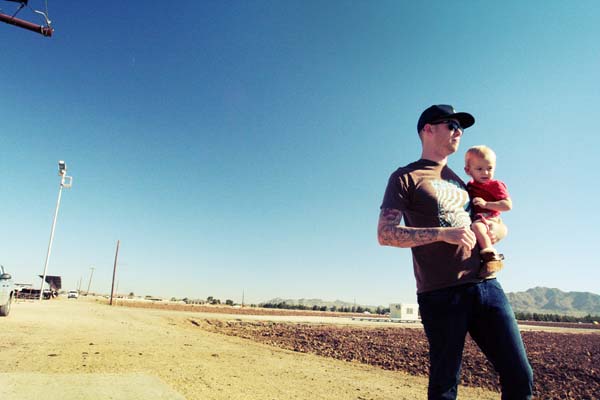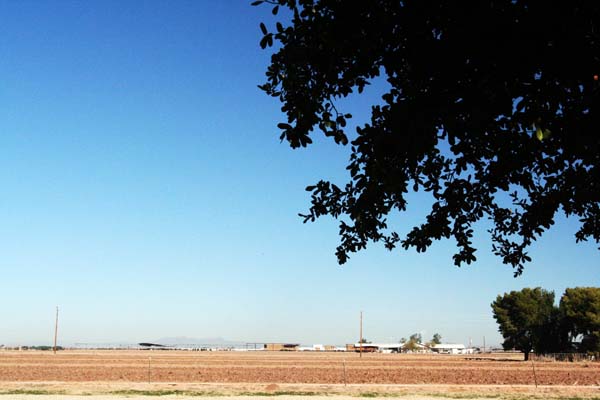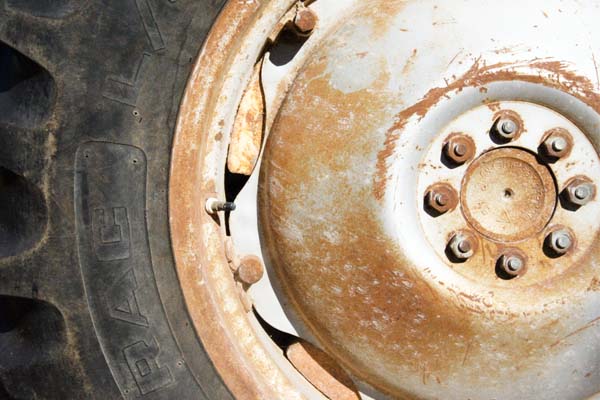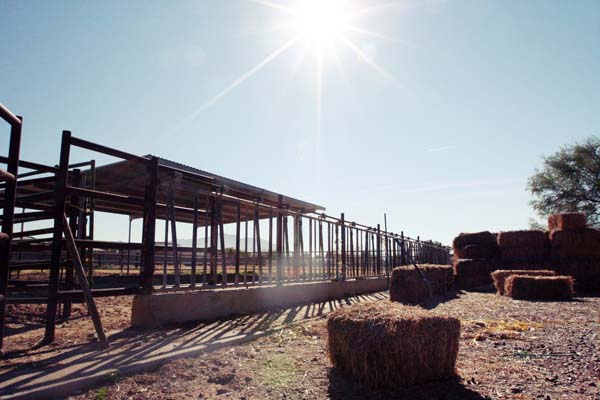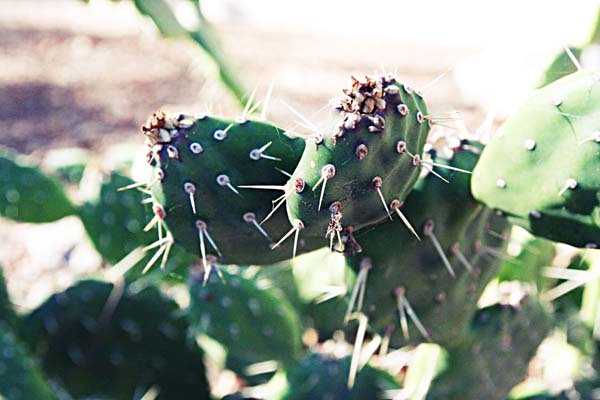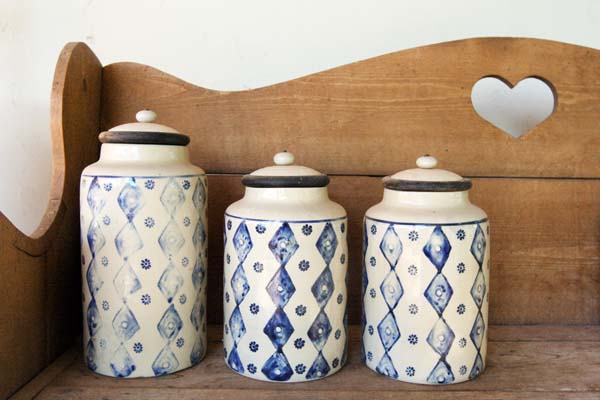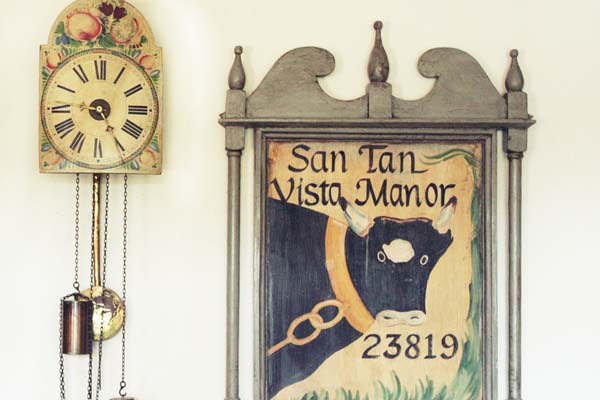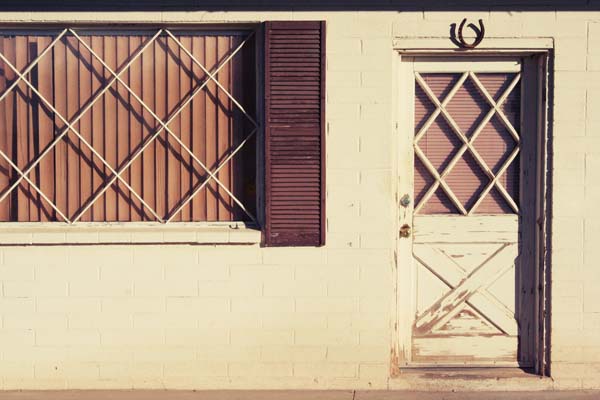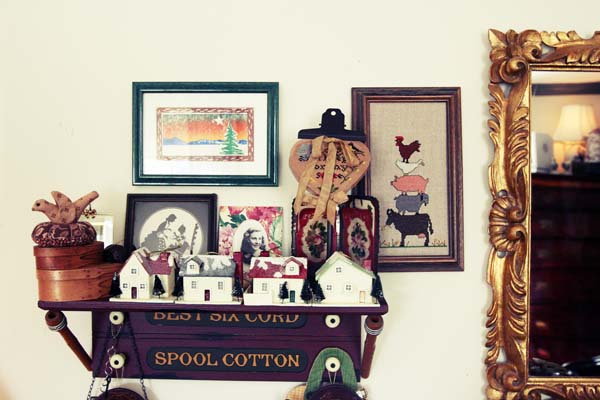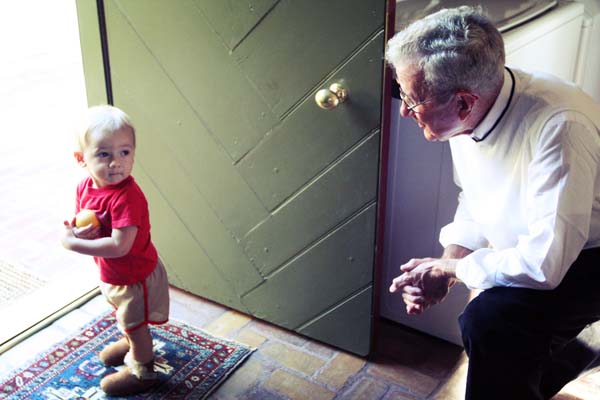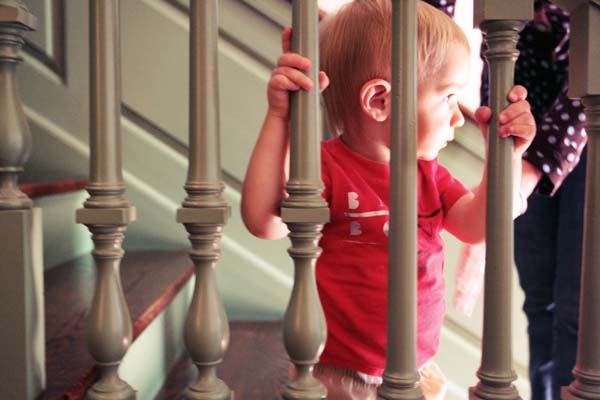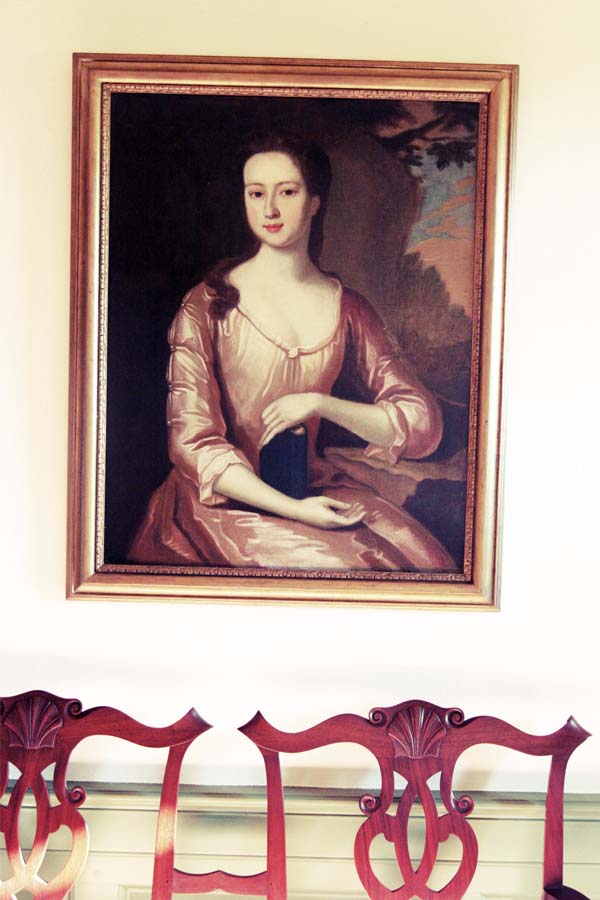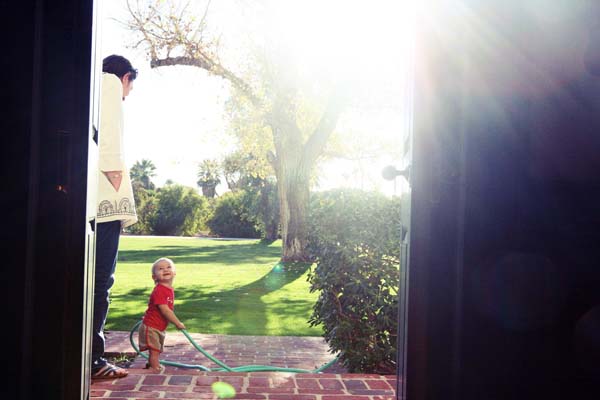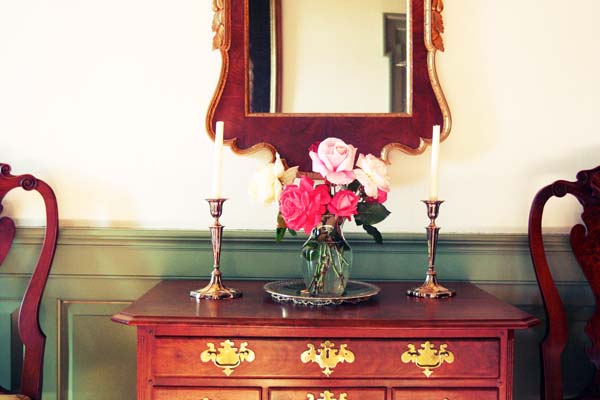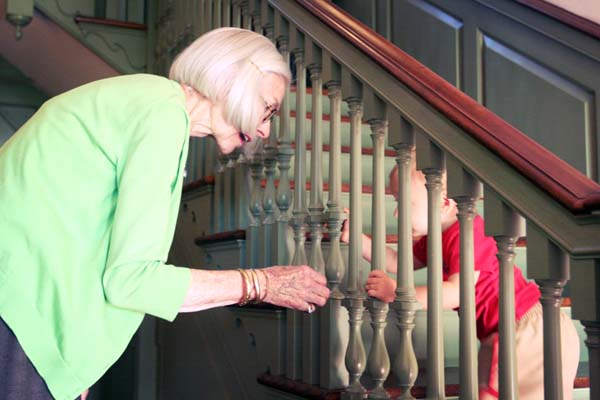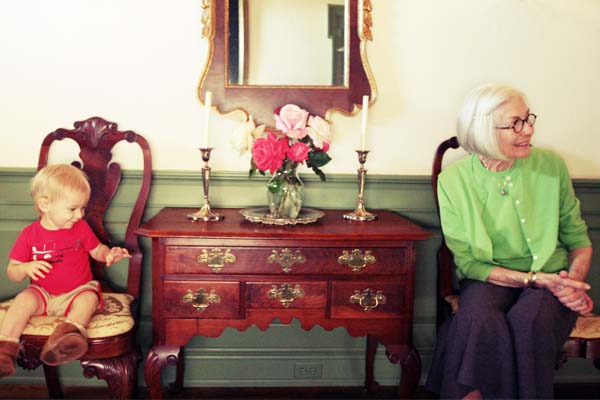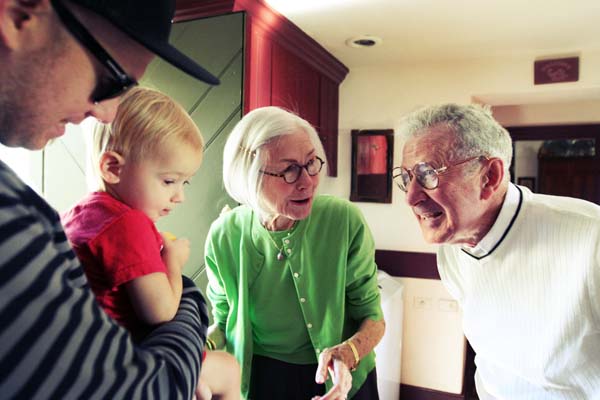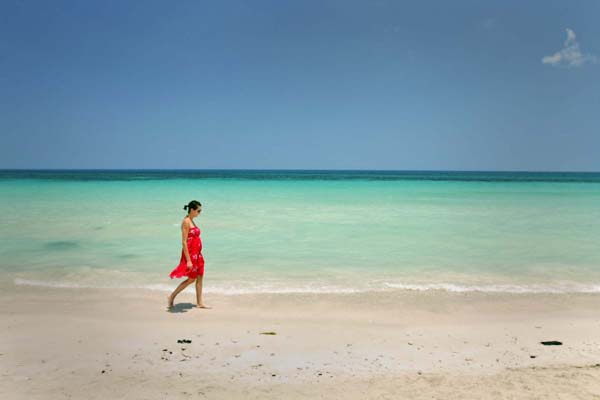 When I was 14 weeks pregnant with Hooper, we were exploring Cuba with eyes wide and hearts heavy with anticipation for the inevitable change that was to come. It’s funny, when you have a baby it becomes almost impossible to remember what your life was like before they existed. It’s hard to remember what we did with all that free time when the only one depending on us was ourselves. But traveling has a way of changing that; a way of cementing memories and solidifying your existence as merely a couple. We’ll always remember and cherish our time spent in Cuba.
When I was 14 weeks pregnant with Hooper, we were exploring Cuba with eyes wide and hearts heavy with anticipation for the inevitable change that was to come. It’s funny, when you have a baby it becomes almost impossible to remember what your life was like before they existed. It’s hard to remember what we did with all that free time when the only one depending on us was ourselves. But traveling has a way of changing that; a way of cementing memories and solidifying your existence as merely a couple. We’ll always remember and cherish our time spent in Cuba.
We arrived in Cancun with a sealed envelope of cash with instructions to obtain our airline tickets to Cuba. They read: When you arrive in Cancun, tell the driver you are going to Cuba. He will leave you at the proper door. When you get there you will see a coffee shop on your left and small counters. In front of the counters, look for a man named Saul. He is around 40 years old, curly hair, obviously Mexican, and usually in a cream colored shirt. You must give him the sealed envelope of cash. He will in-turn give you your visas and your tickets. We managed to find Saul, who actually appeared 60 years old, had skim-to-none amount of hair even left on his head, and was in a red shirt. Either way, it worked out.
Cuba does not have any hostels, which is our typical accommodation choice. Instead, Cubans rent out rooms in their homes to tourists. These homes are called Casa Particulares and the government strictly controls them. In fact, within the first 24-48 hours, a government official arrives to verify their occupancy. Seventy percent of the $25/per night charge is turned over to the government. When considering that Cubans only make a mere equivalency of $12-20 US a month, those that own Casa Particulares make out like bandits. In order to rent out a room, it must first be inspected and approved by the government. As a result, all rooms offer a standard of clean rooms with warm water, bath towels, clean sheets and pillows (mostly stuffed with cotton balls), private bathroom, air conditioning, and refrigerators. Standards like these sure beat sleeping with bed bugs in India or rats in the Dominican Republic. Staying in the Casa Particulares also allows for a closer connection with the Cuban people. To be invited into their home allows you to directly observe their life. It also allows you to see what the homes look and feel like behind the delapitated facade they stand behind.
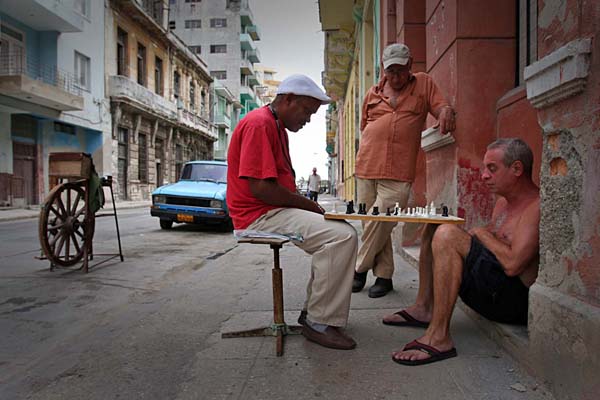
See that man with the table resting on his knees? We stayed with him. He was pleasant to wake up each morning. We left him a pair of shoes.
Because Cuba is a communist country, its citizens do not pay for things like housing, education, medicine, food is rationed, etc. Even things like sporting events and going to the movies are considered a right to the people. Considering the current state of the American economy, sounds dreamy right? Not so. The Cuban people receive far less than what they need. The buildings are ill maintained. Several were built in the early 1900’s.
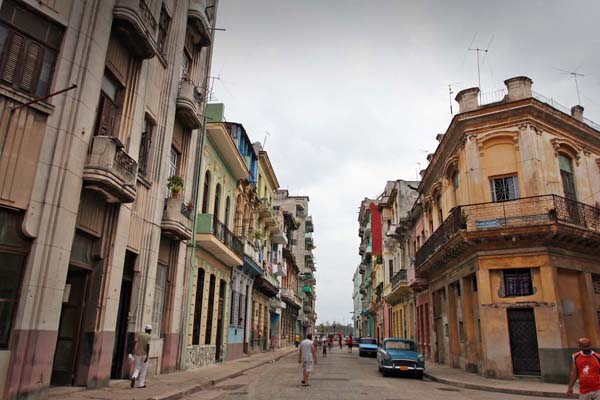
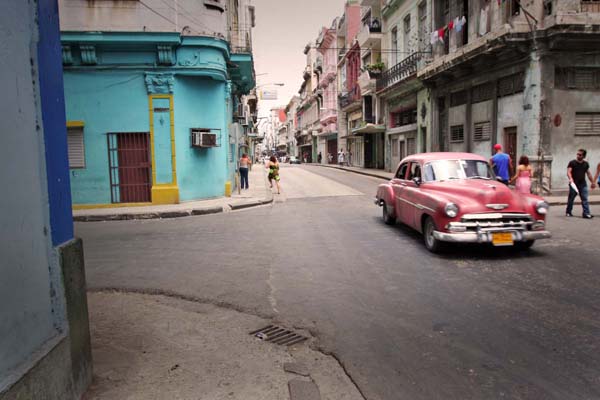
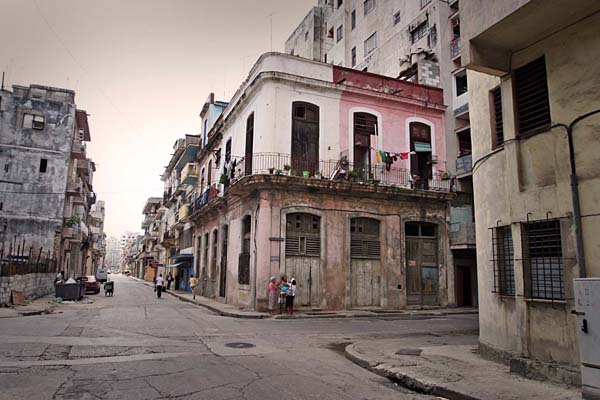
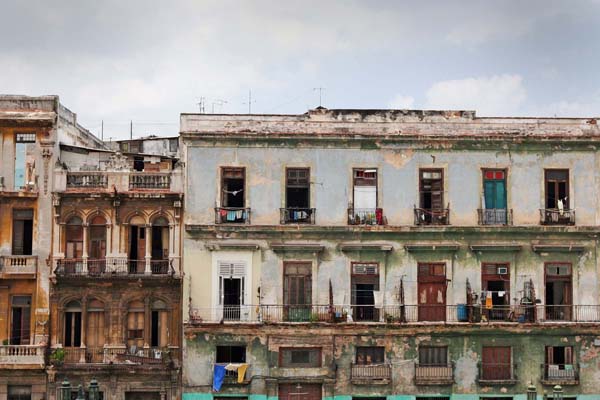
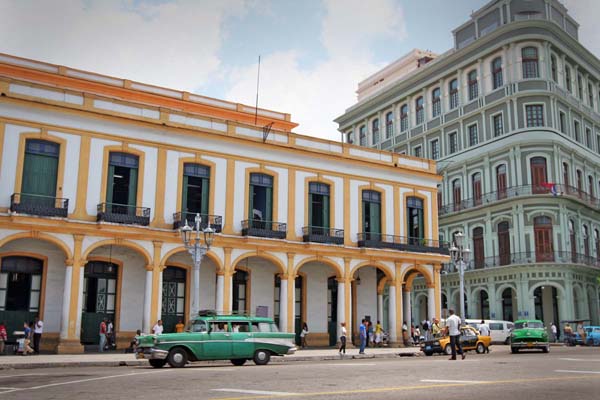
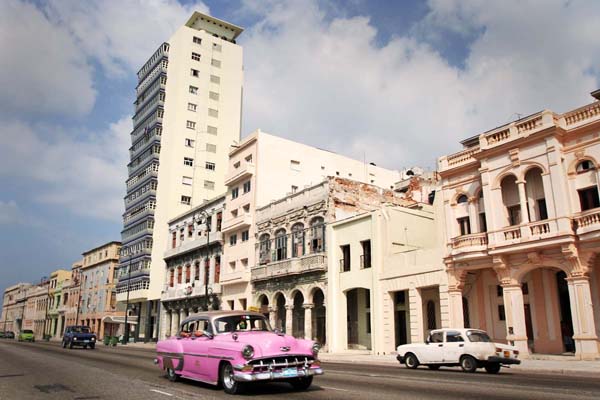
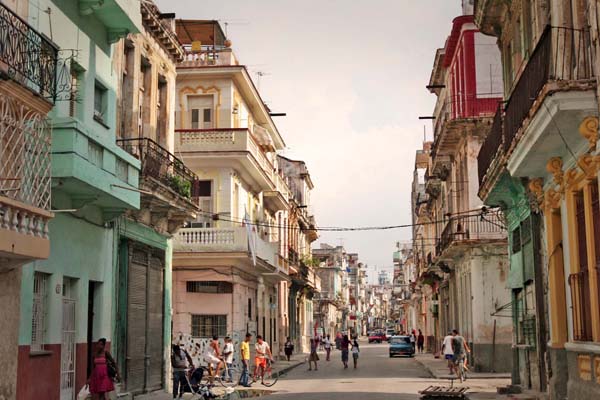
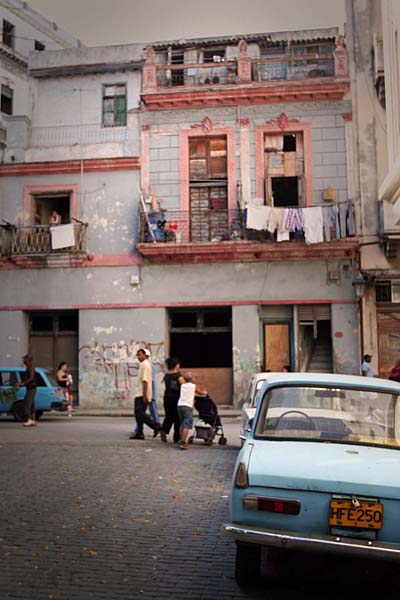
Life in Cuba is difficult. Even when one has means to get what they need, one cannot always find what they need. We offered to bring the family we stayed with in Havana anything they might need from the US. The father was a Pediatrician and the mother ran the Casa Particular out of the house. Of all things, they needed a doorbell. Seems nowhere in Cuba sells doorbells. We traded for Cohiba cigars, which turned out to be fake. Not to worry, many legitimately Cuban cigars were consumed.
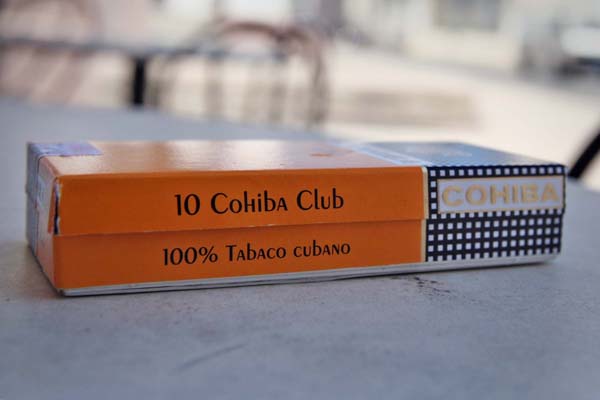
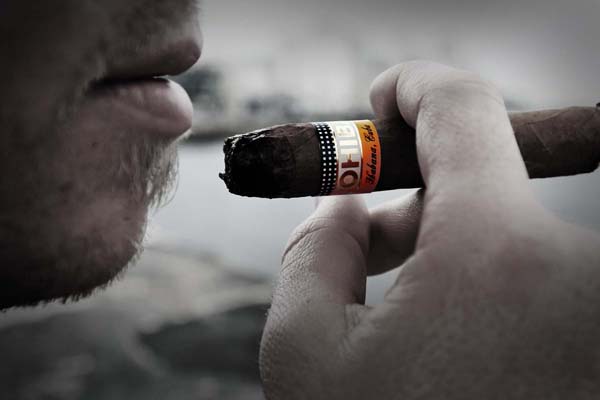
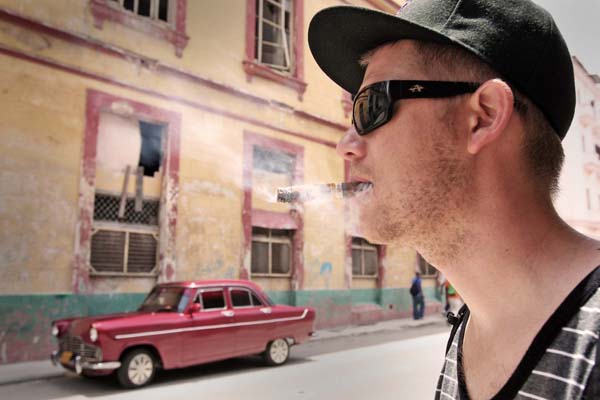
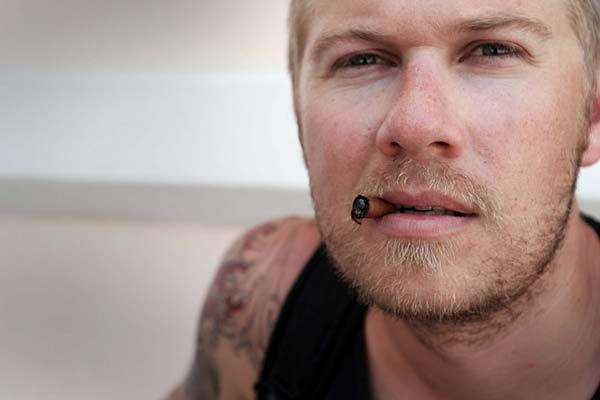
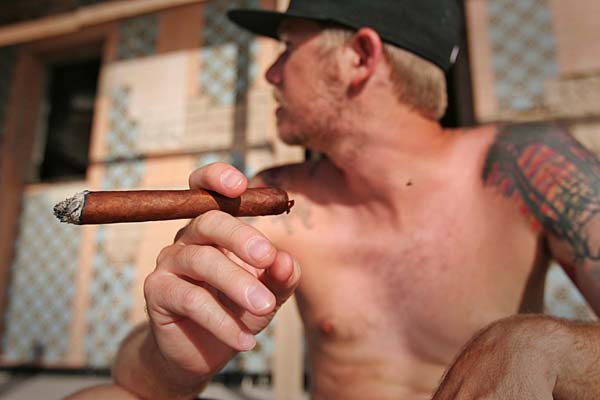
Aside from the struggles and the suppression, there is something very magical about Cuba. And while the US has so much of what Cuba lacks, there is a great deal we can learn from the Cuban people. The comparison, in my opinion, is like an organic apple to a genetically enhanced apple. While Cuba may appear a little rough around the edges and while you may expect the people to be moping around with their heads down, what the people possess on the inside is pure beauty and a spirit strengthened by survival. Though the streets are filled with potholes, dog shit, and dilapidated buildings, they are also full of life. As a photographer, you know you are in a special place when you can walk down the same street ten times and each time photograph ten different scenes.
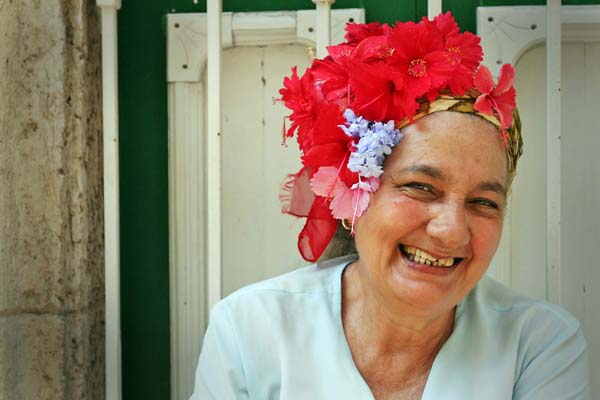
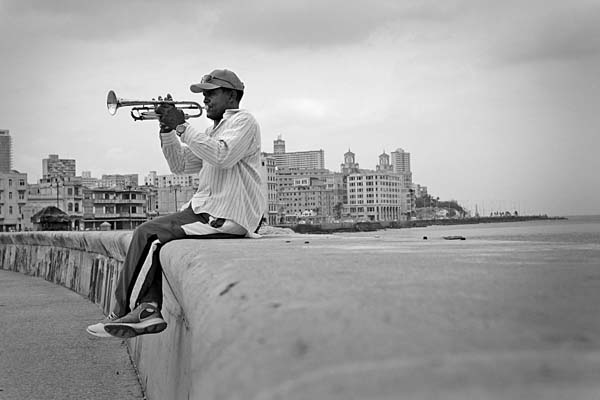
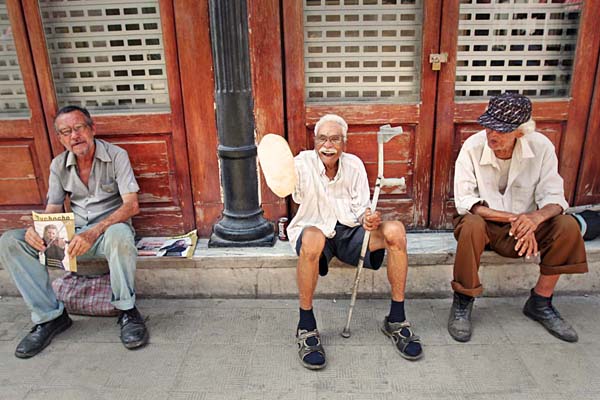

Check out those pearly whites, those glasses, and an actual cane (no PVC pipe used there). Not to mention his friends leather shoes. Not too shabby.
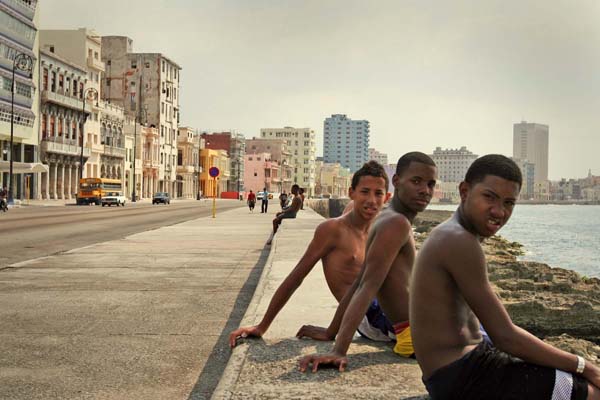
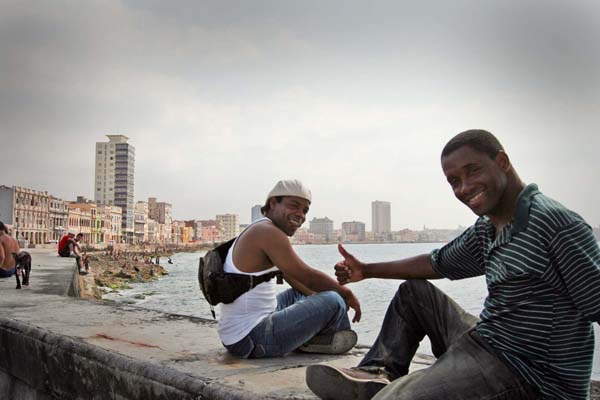
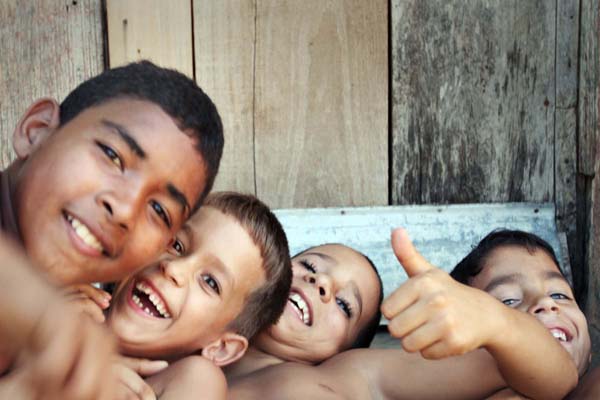
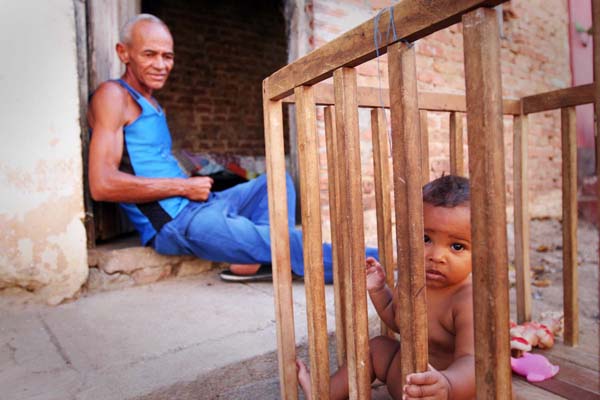
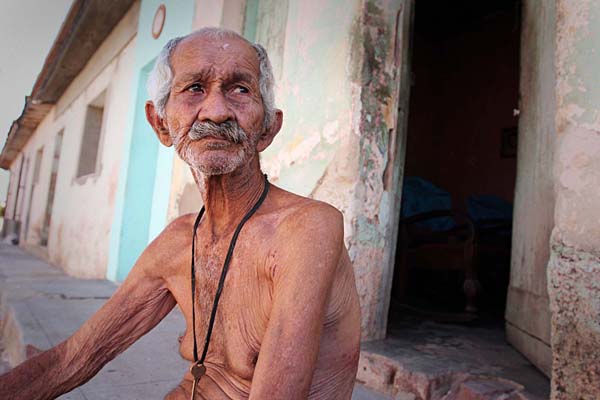
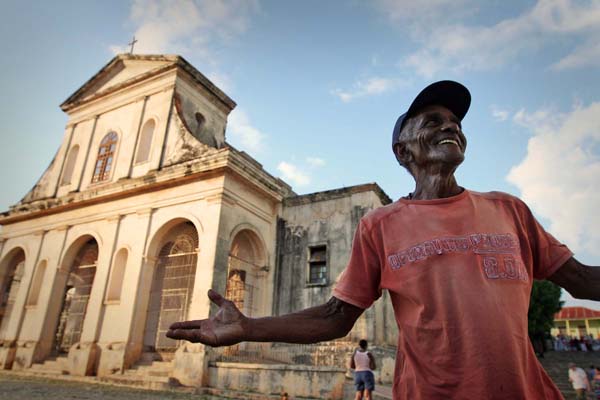
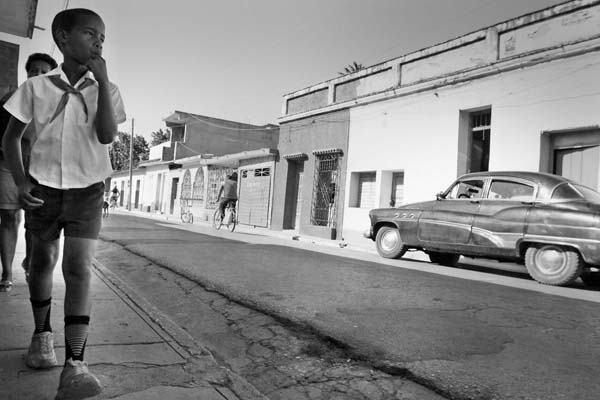
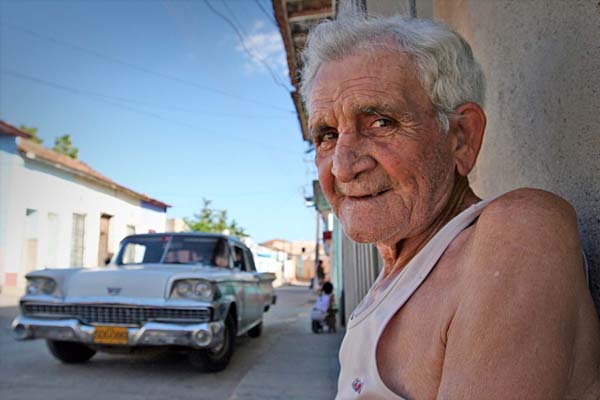
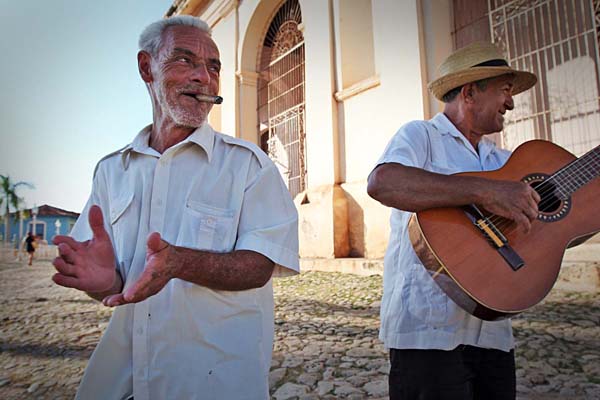
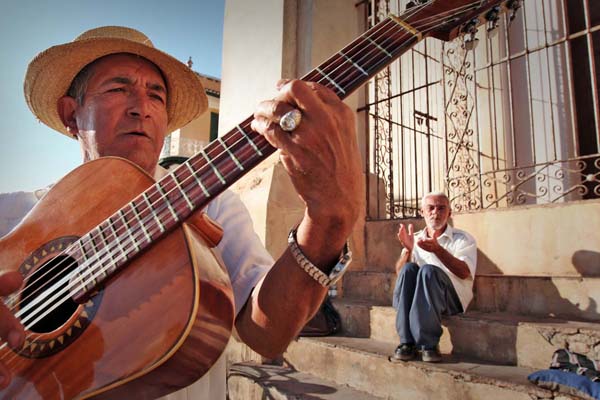
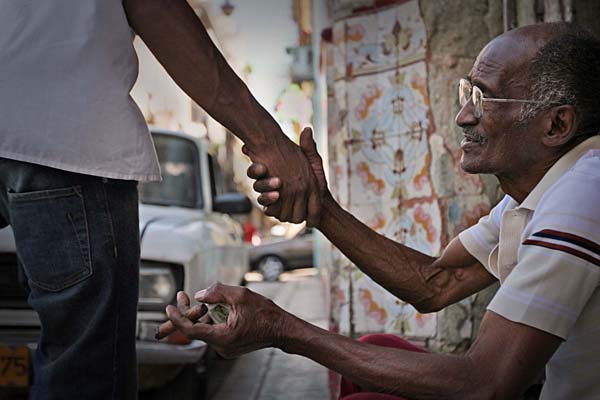
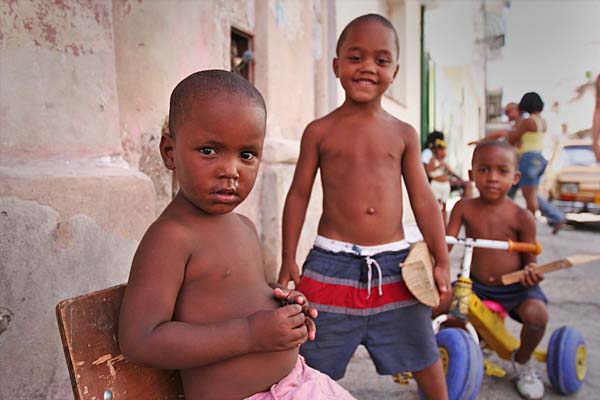
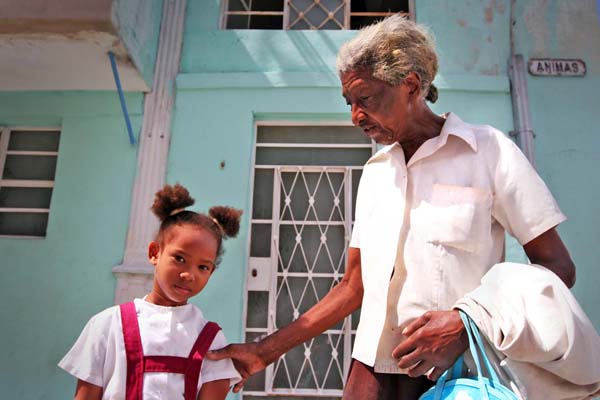
Makes one question what it really means to live. The street we live on is full of empty cars and empty homes. Dogs and cats live behind fences. Walk down any street in Cuba and you’ll see people making ends meet. Many Cubans use a lever system, for example, to bring buckets of water or fruit up to their homes. The physical energy this takes is probably more than the majority many Americans exert in a day. You’ll find kids playing stickball because not only do they not have actual baseballs and bats, but they also do not have video games, iPods, or computers. While these kids know everyone on their block, I do not know the names of my own neighbors.
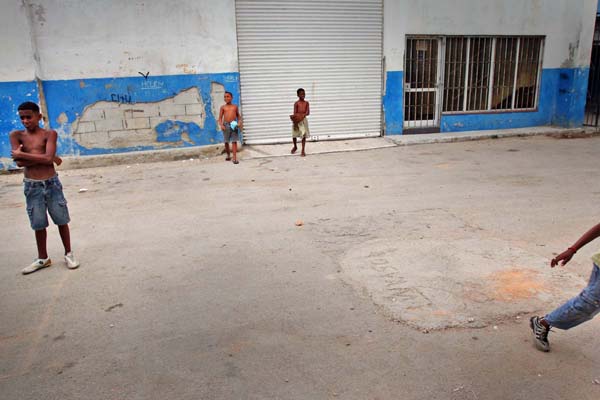
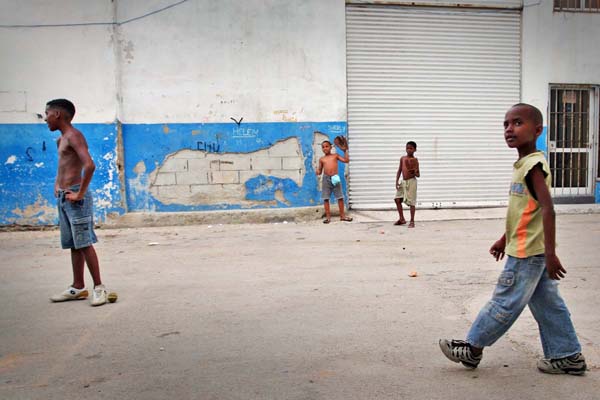
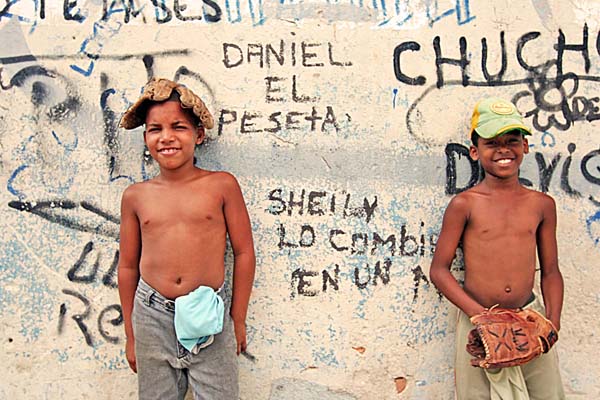
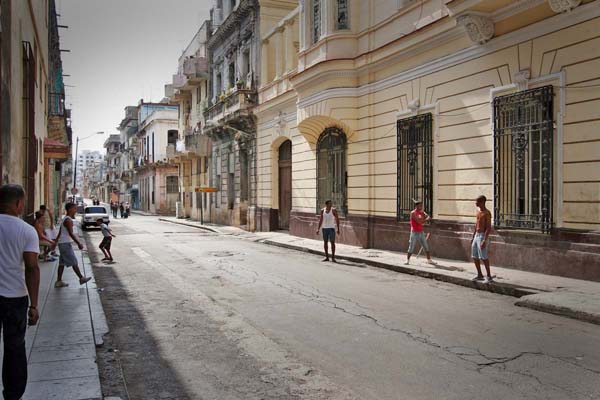
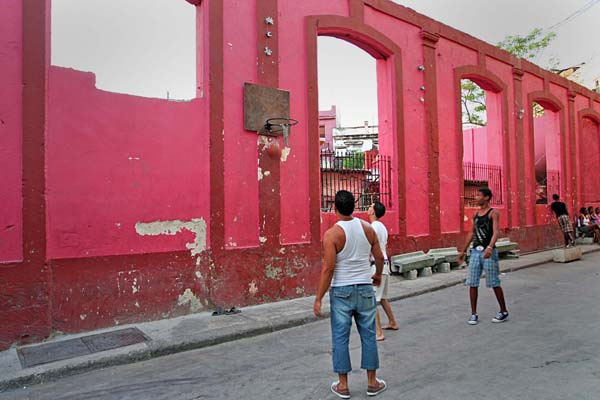
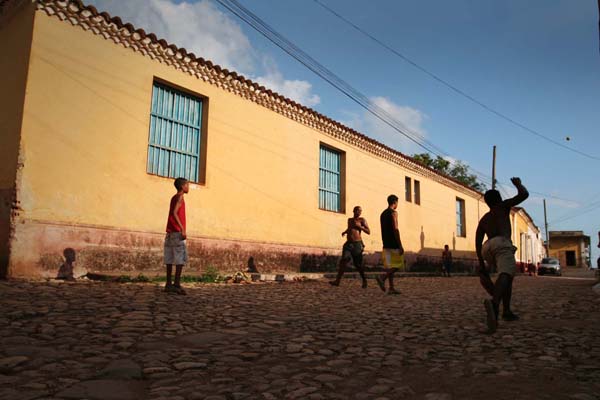
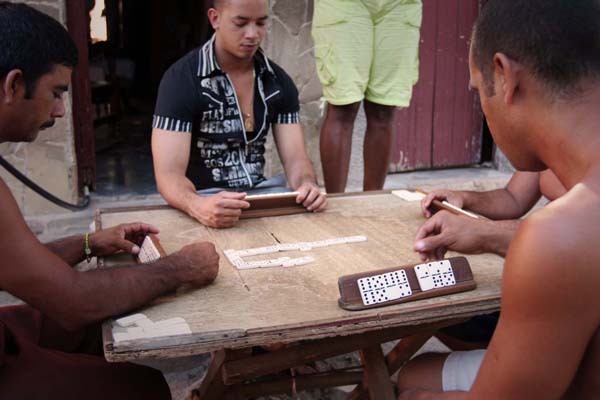
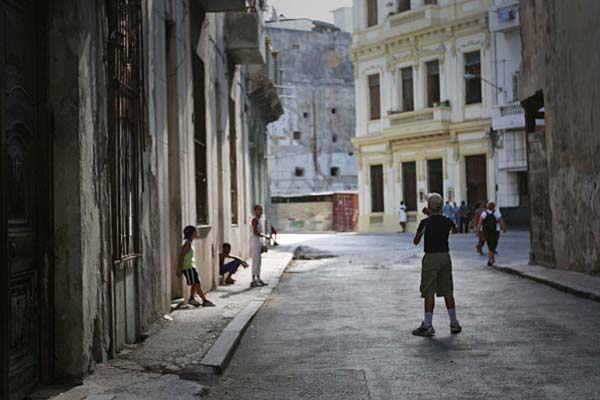
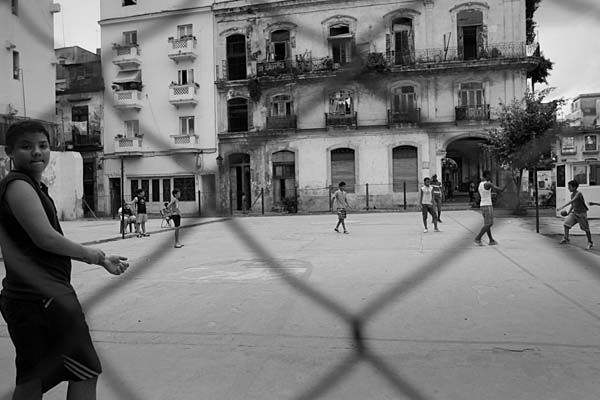
When you walk through a shopping center in the US, you are bombarded with advertisements attempting to sell you on a way some major corporation can profit on you living your life. Walk anywhere in Cuba and you will not find advertisements. Not even commercials on the TV. In fact, I’m told the commercials are instead educational tid-bits about how to breast-feed, for example. I walked through a local market and found nothing more than things sold to fix things: nuts and bolts, replacement roof tiles, and a watch repairman. Life in America is about consumption. Life in Cuba is about sustainability. I mean check out those cars they keep running after all these years.
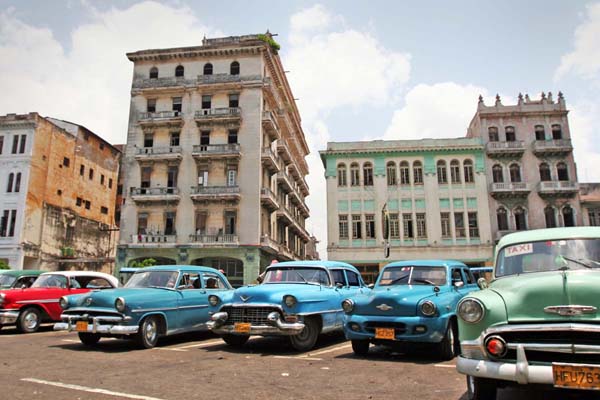
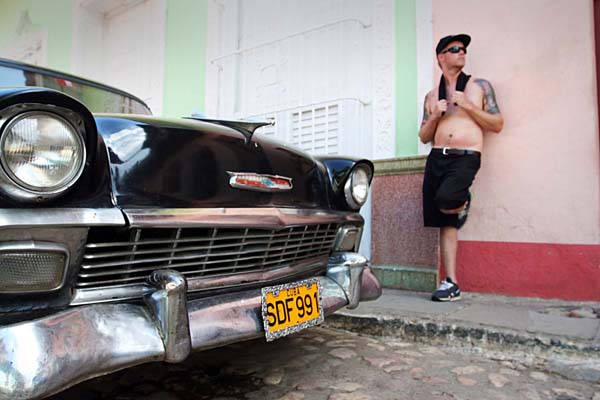
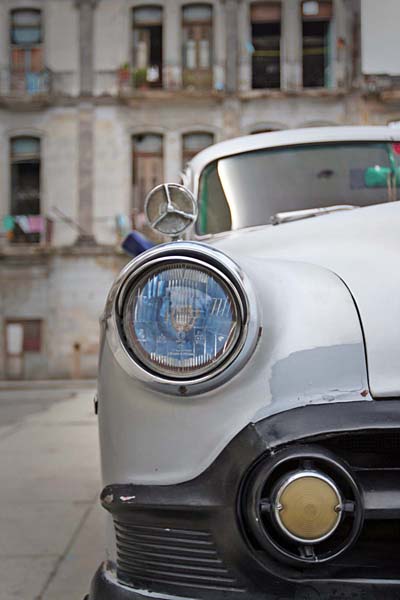
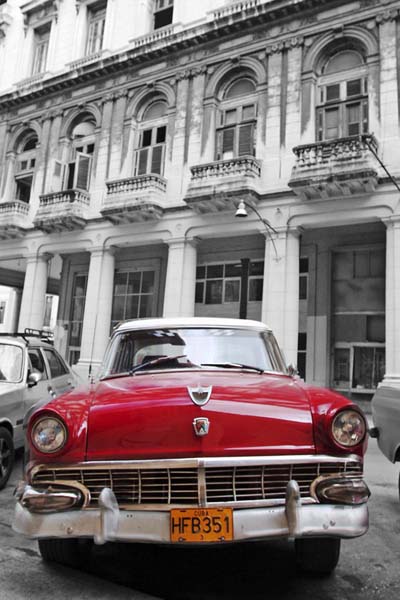
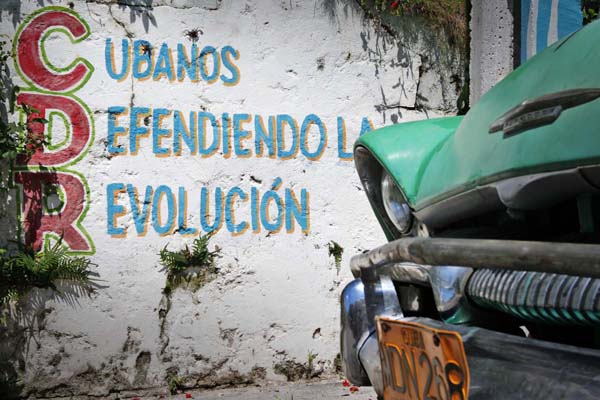

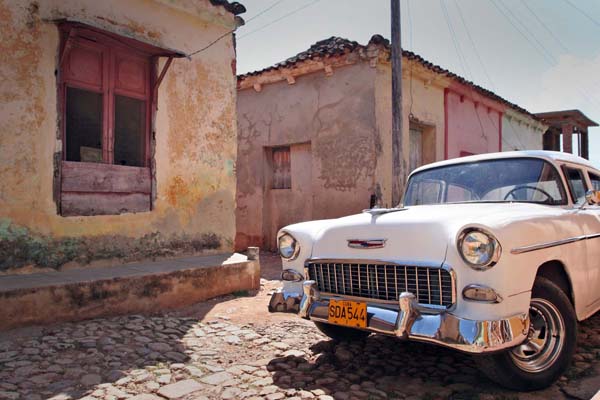
I feel that in America, we define ourselves by our possessions. People in Cuba, however, are too busy being, living, and surviving. An article in Adbusters addresses this notion, “social life becomes so completely dominated by accumulated products that it causes a shift from having to appearing, wherein all ‘having’ must now derive its immediate prestige from appearances”. We appear to have a lot, but in so many ways have nothing. Cubans, on the other hand, appear to have nothing, but in so many ways have more than we do. Not to say communism is the way or that Cuba is where this family will be re-locating… but there is something to be said for a country with no McDonalds.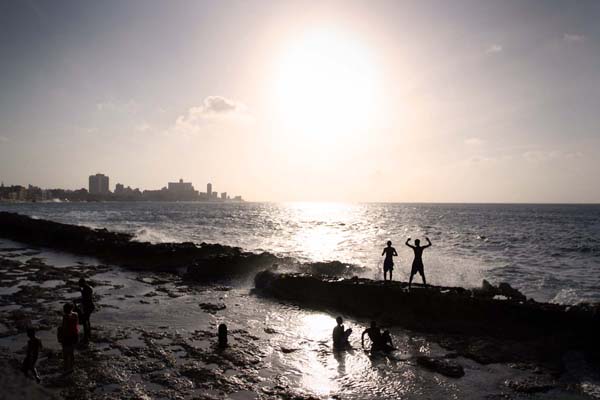
So that was then and this is now. Memories packed away in backpacks in the garage and little stampering feet running the halls reminding us that we have transformed from husband and wife to family. And what a beautiful transformation it has been.
